In 2011, Ding Junhui (24 years old) and Judd Trump (21 years old) played in the semi-final of the World Championships. That match, according to Stephen Hendry and John Virgo, showcased a new brand of snooker and was an indictment of how the game was then played.
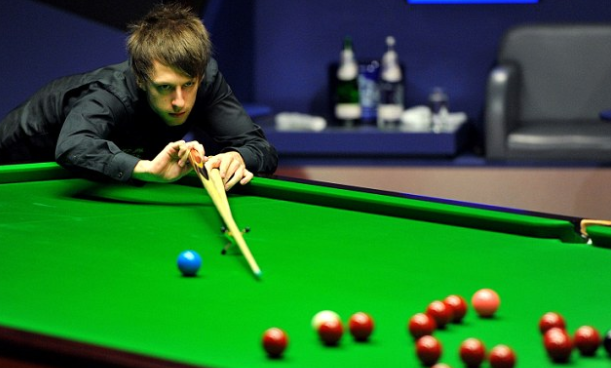
At that time I was enjoying custard and jumping more than necessary but soon I became really interested in snooker and I too accepted that Ding and (especially) Trump were going to be the frontrunners of snooker for many years to come.
There has been a lot of talk about when they will eclipse the likes of O’Sullivan, Higgins, and the like. Certainly, both enjoyed huge success but some have said that they should’ve won a lot more. They might have joined world snooker’s top table but have they really reshaped the modern game and where are the other younger players following their lead and toppling the old guard?
Despite Mark Williams’s constant self-deprecation on Twitter, he is still in the top 16, as are O’Sullivan, Perry, Higgins and Bingham and these five players are aged over 40. Since the end of each season since 2006/7, the Top 16 and Top 32 have been getting older, as shown below.
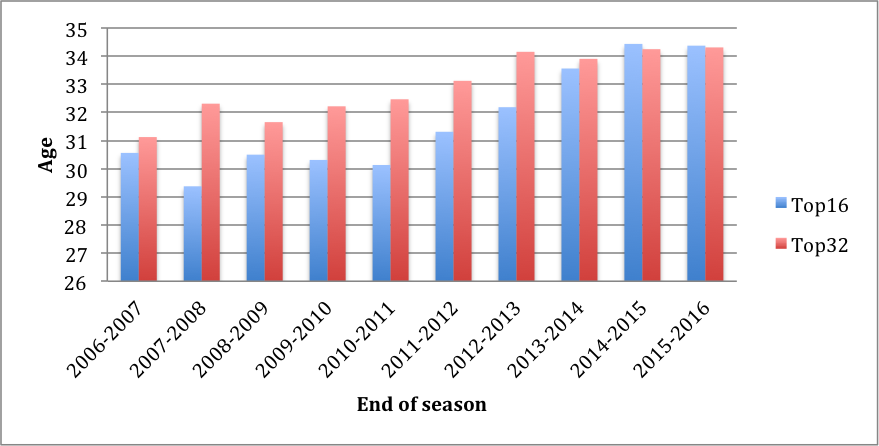
With this season being more dominated by the over-40s during to O’Sullivan, Perry, Higgins, Anthony Hamilton and even amateur Darren Morgan – when will the young people get their chance?
Yes, you young people
However, there are signs that the youngsters are starting to deliver the expected challenge. Luca Brecel reached the finals of the German Masters and the Shoot-Out and teenagers Yan Bingtao and Zhou Yuelong secured the World Cup and are recently getting the plaudits they deserve, with Yan entering the Top 64 in less than a year into his two-year card. Kyren Wilson went through three qualifying matches, a wildcard match and five more matches, before beating Trump 10-9 in a final of the 2015 Shanghai Masters. Michael White broke into the Top 16 last season and recently, Anthony McGill took the Indian Open crown as his first ranking title, beating Wilson 5-2 this year and is flirting with the Top 16. A combined final age of just 49 years of age, it’s the youngest since the 2015 Shanghai Masters, which was 50 years of age.
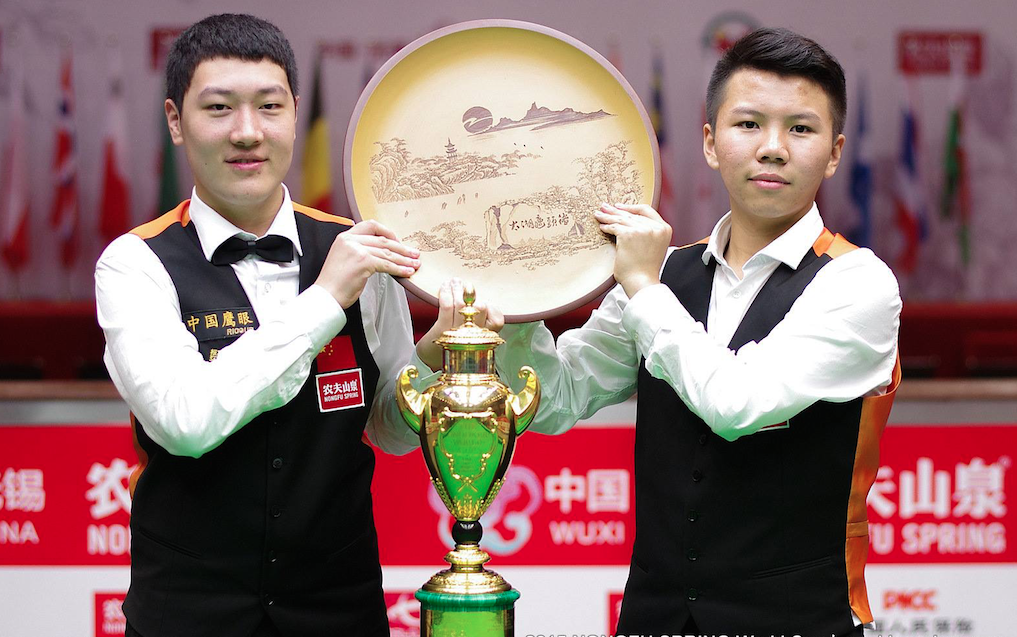
There are still many youngsters coming through the ranks, with Oliver Lines getting into the Top 64 in his first two year card, Chinese prodigy Zhao Xintong being remarked as being closest to Ronnie), Northern Ireland quarter-finalist Hossein Vafaei and Welsh Open semi-finalist Scott Donaldson. Chris Wakelin is just broken into the Top 64 for the first time. All of these players are under 23 years of age. The future for the younger generation of players seems to be bright. There are more who haven’t turned professional yet, ranging from Germany’s Lukas Kleckers, Welsh Jamie Rhys Clarke, Mateusz Baranowski from Poland and we have already seen what 15 year-old Jackson Page can do in the Welsh Open!
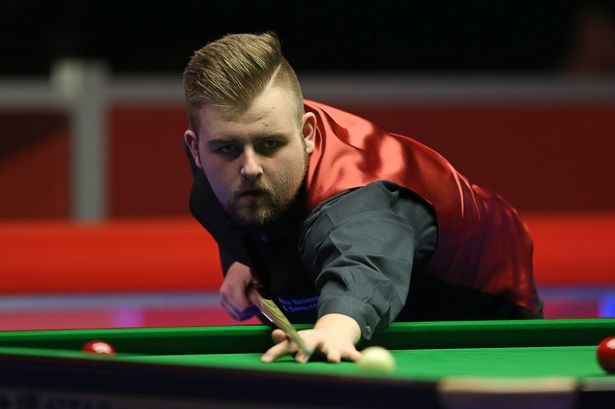
Trump is clearly the figurehead of the new generation and his 2011 run and reaching No.1 a year later. He had felt a huge amount of pressure and struggled a year after that, especially when every TV interview included the question “Is this going to be your year?” This season has been his most consistent, reaching four finals and winning just one. But in a circuit of such talent, reaching four finals is an achievement of itself, but you kind of feel that despite his achievements and victories he needs to win the World Championships or the Masters to announce the arrival of a new generation.
Don’t be silly, it’s older people
However, it doesn’t help that it is much more difficult for them to make an impact – look at Kacper Filipiak, tipped by O’Sullivan as a ‘future World Champion’ (but then again, he tipped Stephen Maguire and Ding to be world champions and, as of yet, that has not worked out)! Kacper promised so much in but has yet to make a real breakthrough and has been resigned to the amateur ranks for a while.
Looking at it from the other side of the equation, are there any reasons why the older guard is still putting up such a great fight for their places in world snooker elite. Look at the over-40s record this season so far.
From the China Championship to the Championship League, seven in the past eleven events are won by players over-40. Over-50s such as Nigel Bond, Darren Morgan and Jimmy White reached at least the quarter-finals of ranking events. Even 43-year-old amateur Andy Hicks reached the semi-final of the Shoot-Out. In fact, here is the lowdown of over-40s in at least the semi-finals this season (with help from The Cue View).
Riga Masters: Mark Williams (41) & Darren Morgan (50)
Indian Open: Nigel Bond (50)
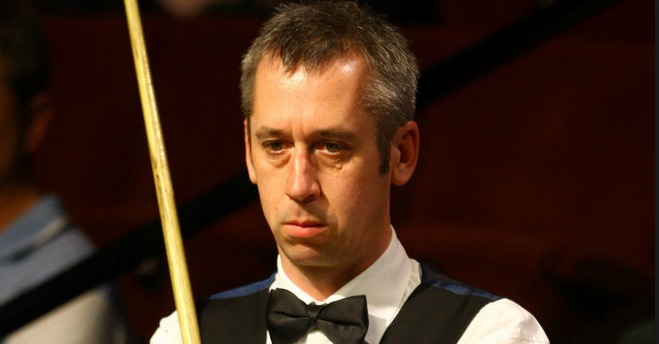
World Open: John Higgins (41) & Joe Perry (41)
Paul Hunter Classic: Dominic Dale (44)
Shanghai Masters: Stuart Bingham (40)
European Masters: Ronnie O’Sullivan (40)
International Championship: Stuart Bingham (40)
China Championship: John Higgins (41) & Stuart Bingham (40)
Champion of Champions: John Higgins (41) & Ronnie O’Sullivan (41)
Northern Ireland Open: Mark King (42) & Anthony Hamilton (45)
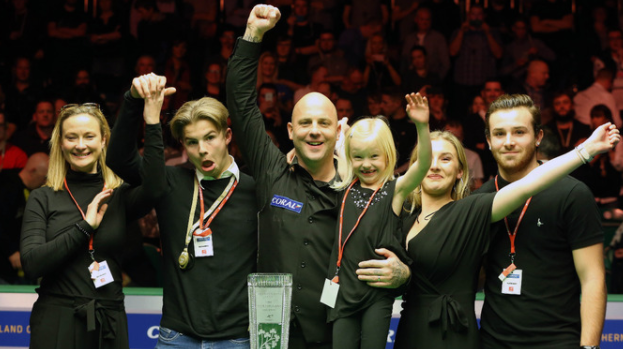
UK Championship: Ronnie O’Sullivan (41)
Scottish Open: John Higgins (41)
Masters: Ronnie O’Sullivan (41) & Joe Perry (41)
German Masters: Anthony Hamilton (45) & Stuart Bingham (40)
Snooker Shoot-Out: Andy Hicks (43)
Championship League: John Higgins (41)
Gibraltar Open: Nigel Bond (51)
So why are they doing so well? Perhaps it is having a good financial base helps them pick and choose the tournaments to compete in during a long season, especially for O’Sullivan. Probably, many are more aware of keeping themselves in good physical shape than their predecessors. They already have the income and almost the advantage of not having to win to spend the entry fee for the next tournament, especially the case of Higgins, Bingham and O’Sullivan when the young ones have income and relegation from tour to think about. They clearly benefit from a larger calendar and maintaining their rhythm because they’ve been crying out for more than six tournaments a season when young players get thrown into it knowing little of what to expect.
Above all, it’s probably a finely honed will to win coupled with that magical ingredient ‘experience’ – that ‘been there done that, got the trophy’ attitude that means no panicking in adversity and depth of resources in those longer, more tactical, frames.
Has the draw structures altered anything related to this?
So, although there are some encouraging signs, why the lack of real delivery in the top tournaments and world rankings? Could this be due to the current state of the amateur game? The withdrawal of the Snookerbacker Classic after failed negotiations with World Snooker put a major dent in that, but players are still able to participate in ranking tournaments. The comparisons to Hendry and O’Sullivan when they dominated when they were teenagers are probably a bit unfair because there is such a larger strength in depth in the amateur game, but it is harder to find anyone in the next generation who is really standing out and threatening to make the big breakthrough.
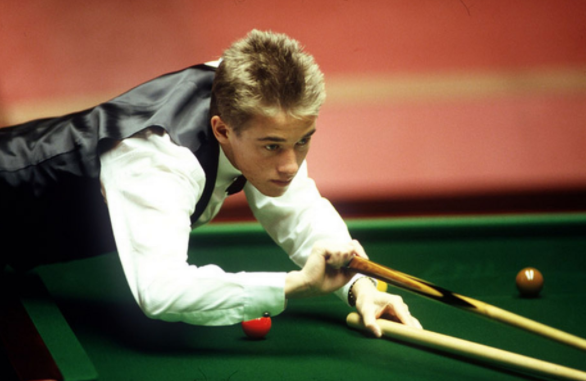
On the other hand, what is it that has fostered the success that was enjoyed by the likes of Wilson, McGill and Brecel?, Is this to do with the linear draws, for example? It certainly helped Brecel’s and McGill’s successes, but they still had to beat quality players to get there. On the other hand, Kyren Wilson managed to win through qualifying to earn his Shanghai Masters triumph and Trump and Ding managed to grind through qualifying to get to the top. Ding was 18-years-old was he won the 2005 China Open by winning 6 matches±
Still, I can still see the linear draws opening up more opportunities for youngsters and ranking points are a lot more valuable in the 128-draw format than in qualifying rounds prior the final 32.
The youngsters have a lot going for them and some say there isn’t a better time for them to be a snooker player, they just need to make the most of every opportunity – there is no sign that anything is going to be given to them by the current elite. Hopefully, the Players Committee can help the young people find their feet! I reckon they will dominate within the next 5 years, but that largely depends on where the next WC victor will be coming from – the Trumps, the McGills, the Bingtaos, or will we need to wait for Page and Tyler to dominate? I could well happen this year!
And yet, I am a 24 year-old in London with a high break of 16. What the hell.

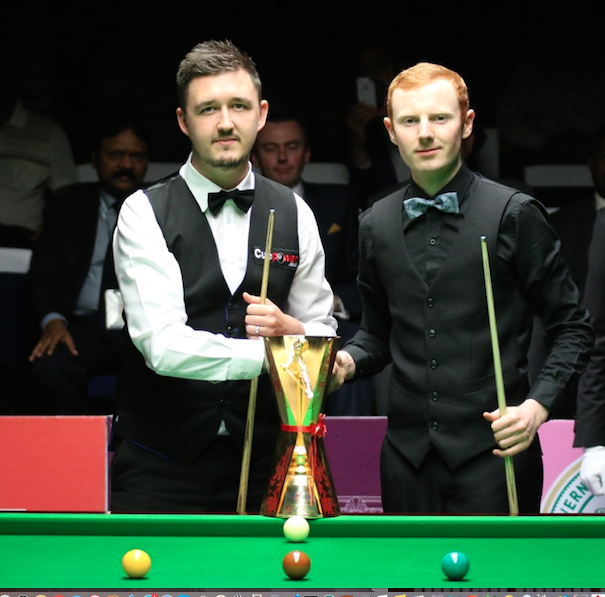
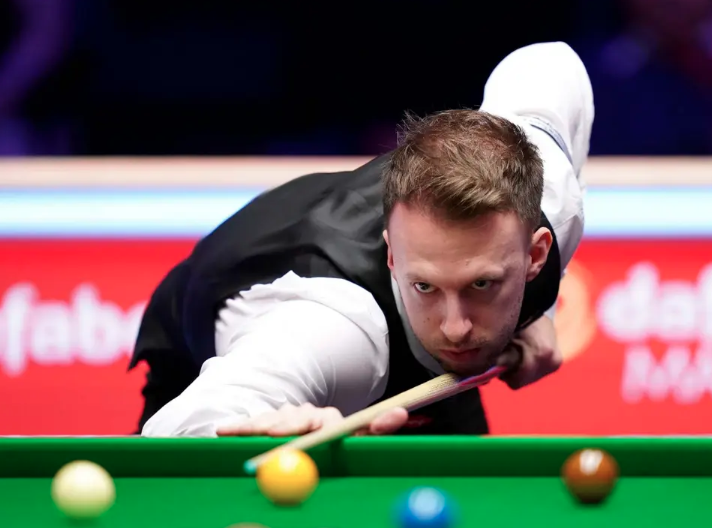
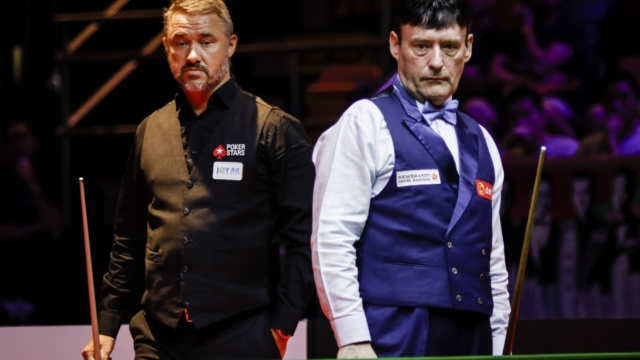
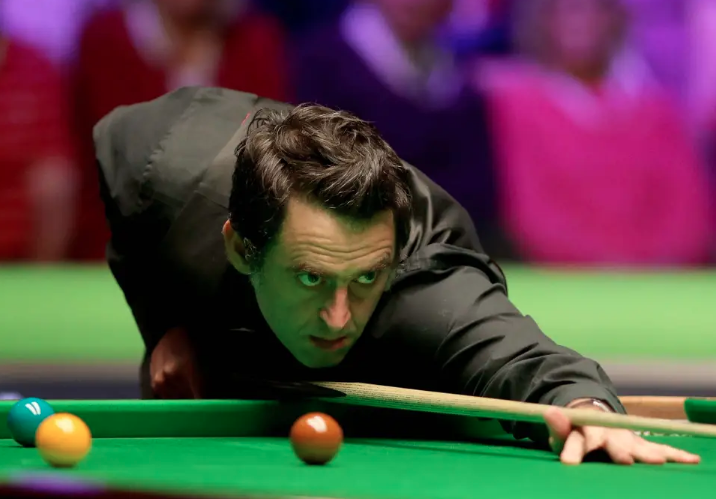
1 thought on “FEATURED: Will the young players break through the ranks sooner rather than later?”
Comments are closed.